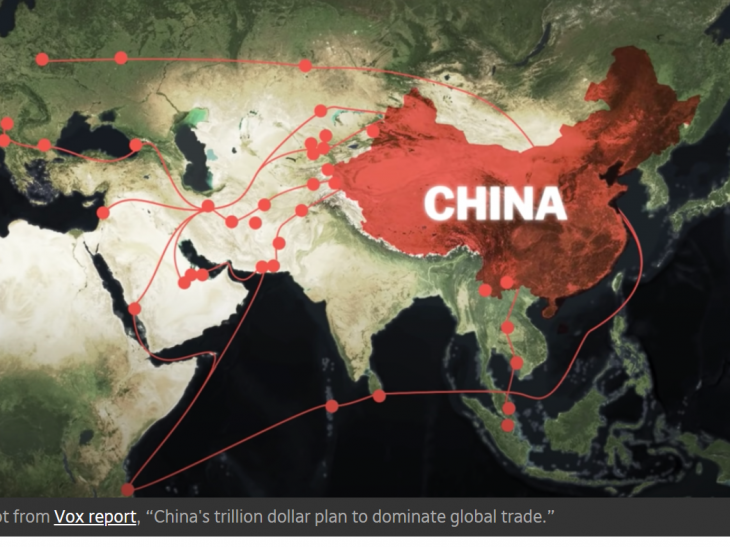Turkey and China Join Forces on AI in Cancer Research and Sustainable Agriculture
 AI medicine
AI medicine
In a significant step toward deepening scientific collaboration, Turkey and China have embarked on a new joint research initiative that merges artificial intelligence (AI) with cutting-edge medical and agricultural innovation. The partnership, established between Türkiye’s Scientific and Technological Research Institution (TÜBİTAK) and China’s National Natural Science Foundation (NSFC), aims to tackle some of the most pressing challenges in oncology, medical imaging, and sustainable agriculture.
At the heart of the collaboration is a bold ambition: to revolutionize how the world understands and treats cancer. One of the flagship projects under this initiative is titled “Cancer Immunotherapy and Clinical Translation Research.” The goal is to harness the analytical power of AI to develop new cancer treatments—vaccines and drugs designed to empower the human immune system to fight off cancer cells more effectively. Teams of Turkish and Chinese researchers will work together, analyzing massive oncology data sets to push the boundaries of what’s possible in modern medicine.
Alongside this, another project will focus on magnetic resonance imaging (MRI) and ultrasonic medicine, exploring how artificial intelligence can be used to generate three-dimensional anatomical imaging. These breakthroughs are expected to significantly enhance diagnostic capabilities, making imaging more accurate, faster, and more adaptive to patient needs.
Yet the partnership doesn’t stop at health. As both countries look toward a more sustainable future, the research effort will also support a project titled “Green and Sustainable Agriculture.” This initiative aligns with the European Green Deal and tackles critical issues such as food security, biodiversity loss, and climate change mitigation. By sharing knowledge and innovation, Turkish and Chinese scientists hope to reimagine agriculture in a way that’s more resilient and environmentally friendly.
This call for collaborative proposals is open until May 30, 2025, with researchers from both countries required to apply together. Unilateral applications will not be considered, reflecting the spirit of shared progress that defines the initiative. Each project will have a maximum duration of 36 months, with Turkish teams eligible for funding up to 3 million liras (roughly $79,000) and their Chinese counterparts up to 5 million liras (about 1 million yuan or $131,660).
Turkish researchers will also be allowed up to 60 days of international visits per year, with travel and accommodation expenses covered by their home institutions.
Once submitted, each proposal will undergo a rigorous evaluation process based on its scientific merit, methodology, project management structure, and the potential impact of the bilateral partnership. The aim is not only to fund innovative ideas, but to build lasting bridges between two scientific communities—bridges that may yield global solutions.
As the world watches the rapid evolution of AI in medicine and agriculture, this Turkey-China alliance signals a promising direction: one that blends advanced technology, international cooperation, and shared human values in pursuit of better health and a greener planet.




![Bridging the Distance Between Minds[1]](https://www.paturkey.com/wp-content/uploads/2021/12/tr-china.jpg)
